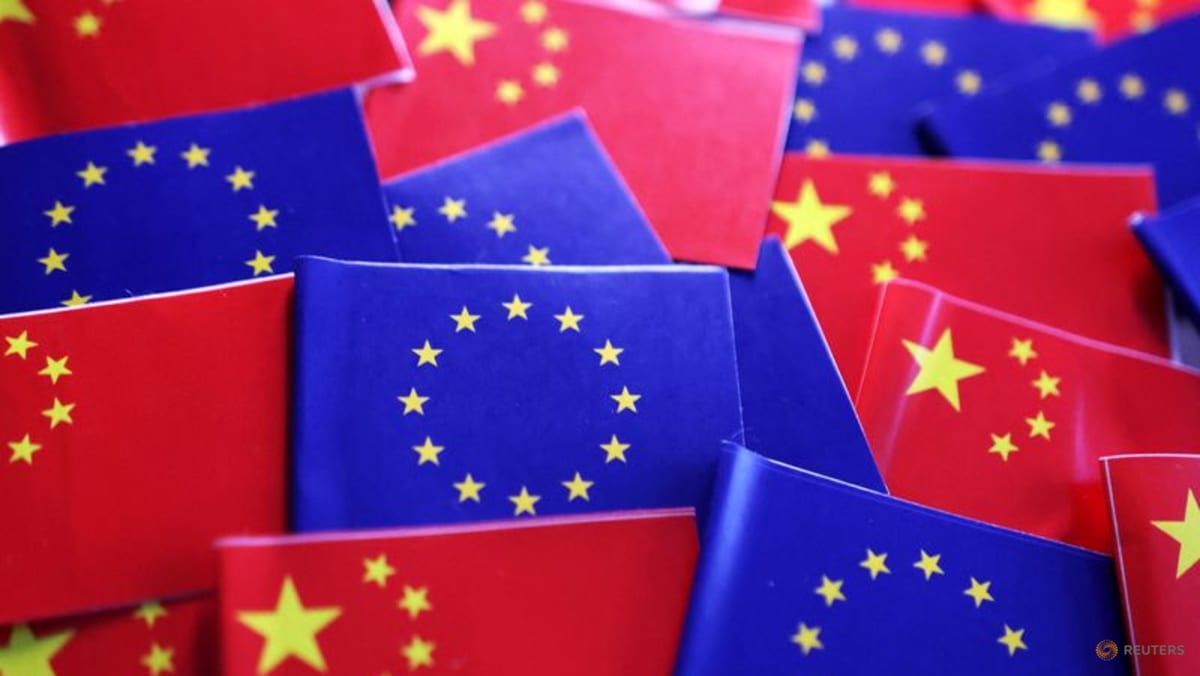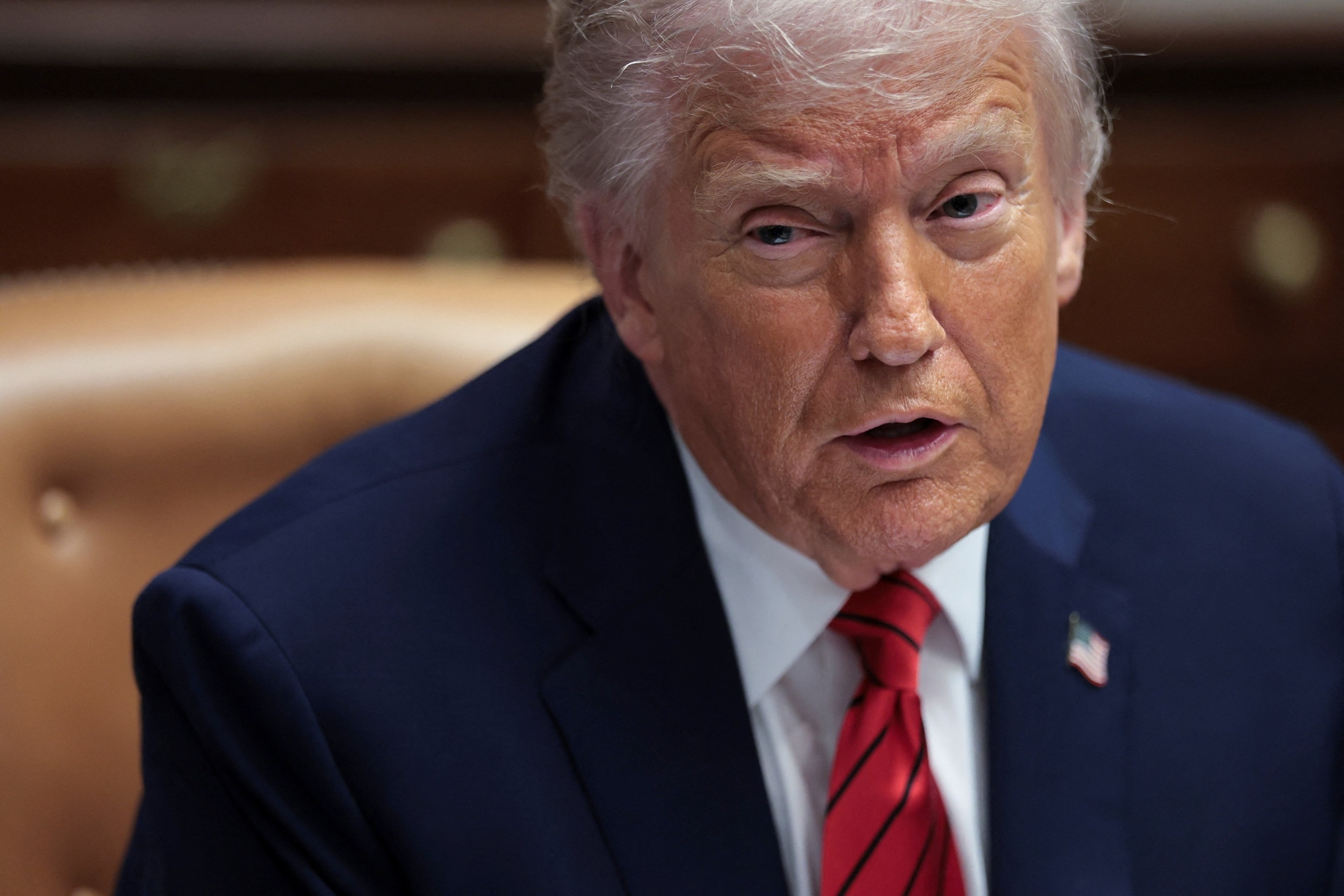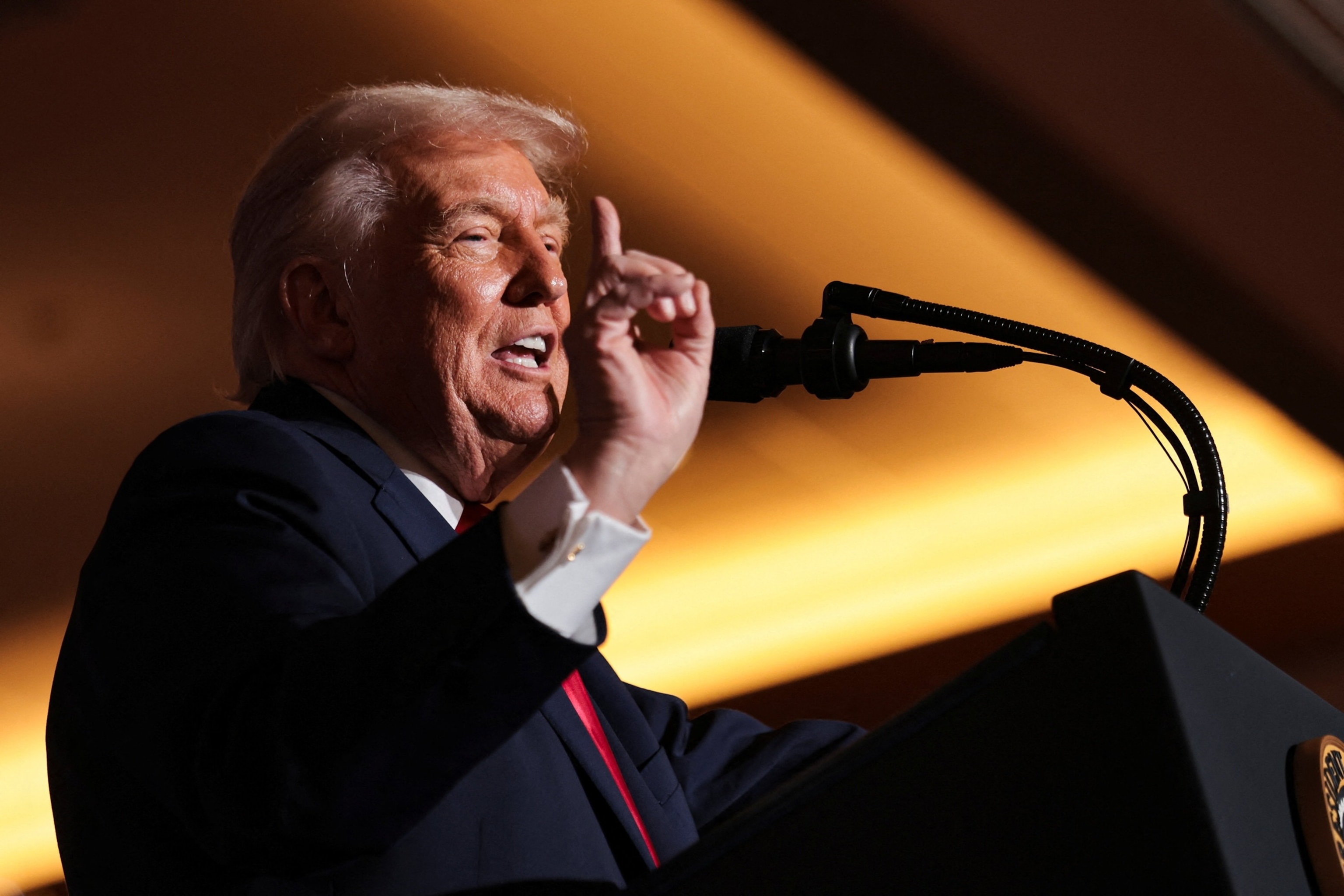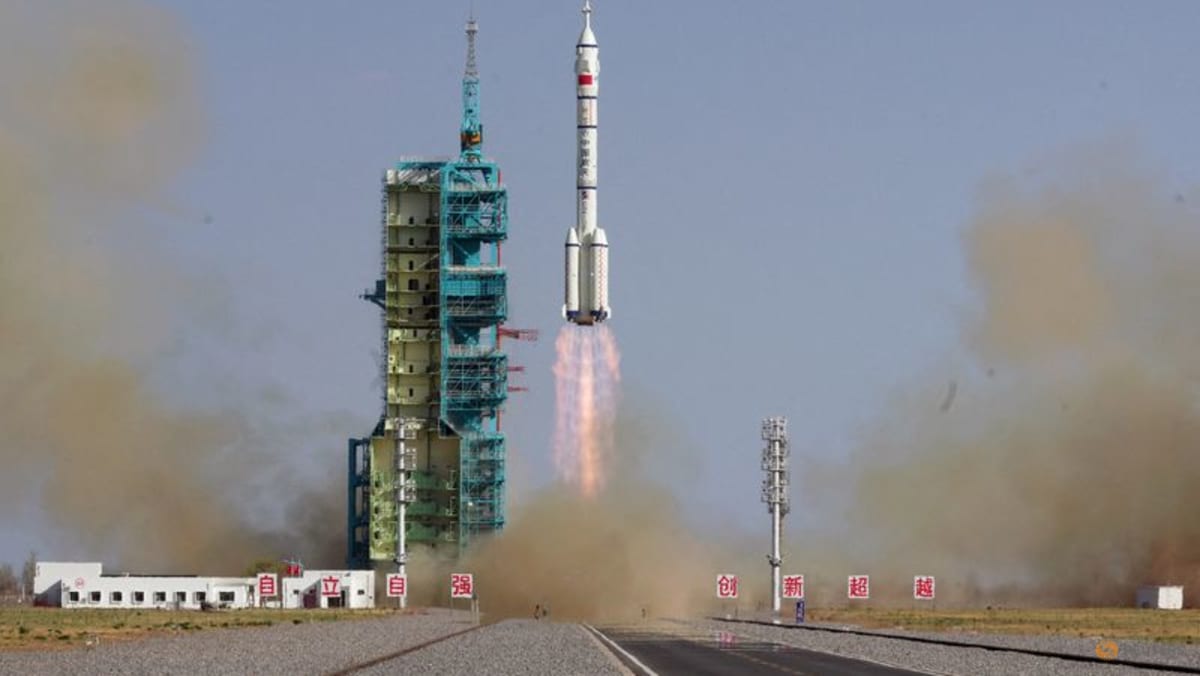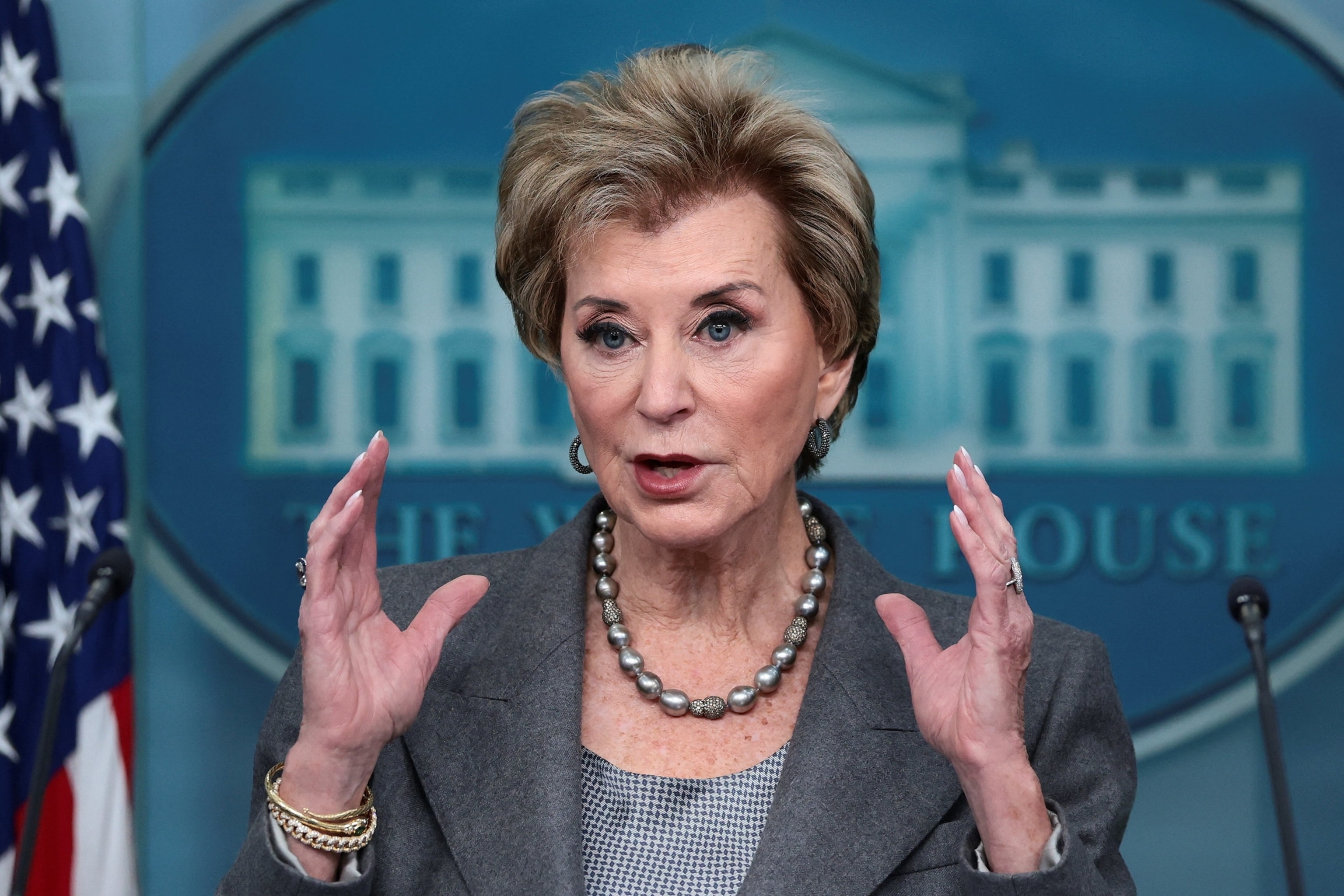Riley Strain’s family, friends gather at funeral 1 week after college student’s body found in Nashville river

The friends and family of Riley Strain gathered at his funeral Friday, one week after the 22-year-old’s body was discovered in a Nashville river.
Some of Strain’s favorite songs, including “Something in the Orange” by country star Zach Bryan, were played at the service in his hometown of Springfield, Missouri.
Mourners wore green, because Strain would often say, “Green makes you look good,” said Sherry Adams, who works at the funeral home.
Riley Strain’s family prepares for the college student’s funeral in Springfield, Missouri, March 29, 2024.
Courtesy of Chris Whiteid
Strain loved hunting, fishing, animals, exploring nature and the Kansas City Chiefs.
“One lesson I learned from Riley is to always stay in the present and don’t overthink,” his high school friend, Joey Cockell, said at the service. “He always told me to be in the moment, and everything else will come.”
“Riley always found a way to make others smile,” he said.

An undated photo of Riley Strain, 22, who disappeared on March 8 during a night out in Nashville.
Metro Nashville PD
“I can’t put into words how much I miss hearing his voice,” Cockell said, overcome with emotion. “Without Riley, I’m lost.”
Addressing his friend directly, Cockell said, “I want you to know how much I love you and will always be thinking of you … and I hope I make you proud.”
Strain, a University of Missouri senior, went missing on March 8 after a night out at several Nashville bars.
Strain and his Delta Chi fraternity brothers were visiting Nashville for their fraternity formal.

An undated photo of Riley Strain, 22, who disappeared on March 8 during a night out in Nashville.
Metro Nashville PD
Surveillance cameras and police body cameras captured Strain’s last known movements from about 9:30 p.m. to 10 p.m.
Strain was reported missing on March 9 and authorities launched a massive search by foot, by drone and by boat.
His body was found on March 22 in the Cumberland River. There was no evidence of foul play and nothing to suggest anything other than Strain accidentally falling into the river, police said.
Source: abc news





